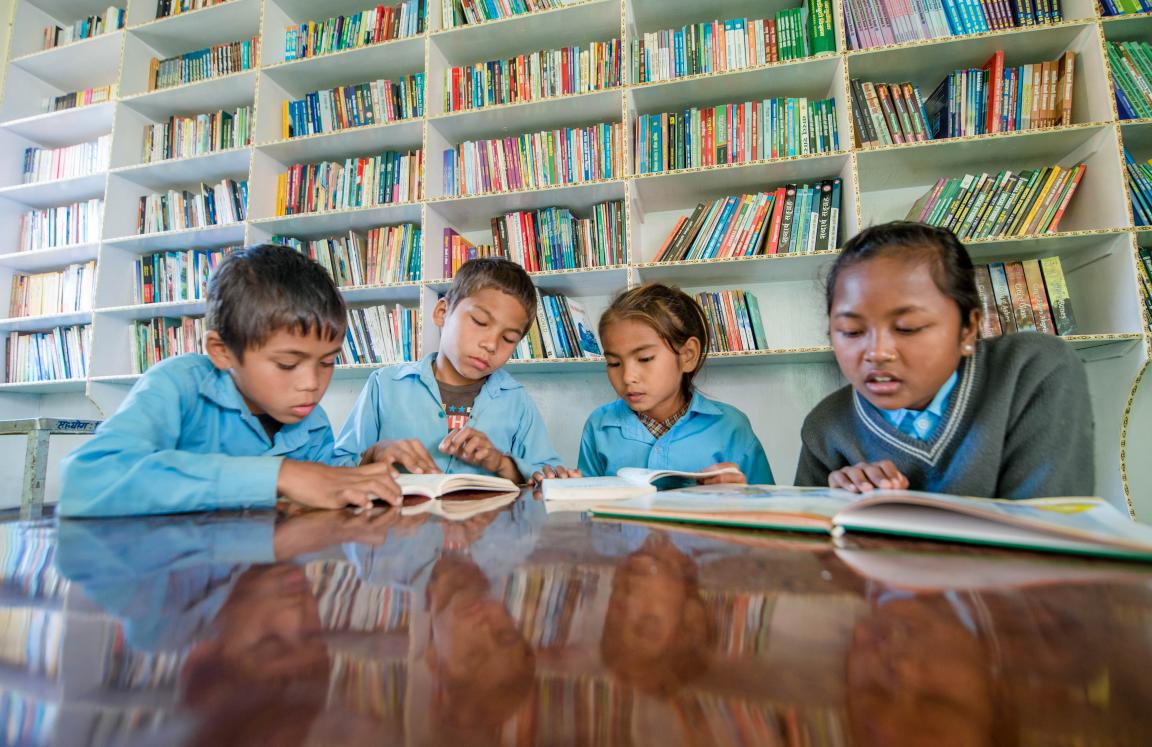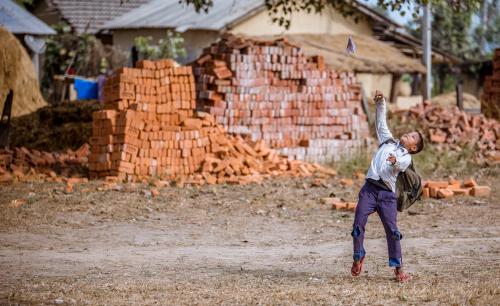
Promoting Rights in Schools
Contributed by mass awareness and advocacy on Promoting Rights in Schools (PRS) to the children, parents and school authorities and formation of citizen education watch groups and networks for school monitoring, local stakeholders are now committed to ensure free and quality education in public schools. The School Improvement Plans (SIP) are also prepared in line with charter of 10 rights and are implemented in most of the schools.

Further, the schools have started to conduct participatory social audit and developed school code of conduct. On the other hand, child club’s engagement with schools has helped to decrease corporal punishment, early/child marriage, untouchability and discrimination issues within the school premises.
At the same time, it was also found that the schools were collecting fees in the name of extra-curricular activities. Since, the practice is against the constitution, various advocacy campaigns were organised to ensure free education. For instance in Bardiya, the issue was raised and filed the case in Supreme Court, which was widely covered in the local and national media and the District Education Office (DEO) was pressurized through a delegation. As a result, the DEO immediately took action and the schools were asked not to receive any fees. The Supreme Court also issued an interim order in January 2018, asking not to take any fees from the Dalits, indigenous and marginalized groups studying in community schools.
Likewise, AAN supported with learning and playing materials, compound wall for building disaster resilient schools, drinking water facilities etc. to establish model schools with child friendly learning environment. The model schools were built to encourage other public schools and ensure similar facilities within them. Similarly, in Kathmandu, 7 schools have established gender desk followed by an allocation of a separate room for taking rest and changing dress for girls during menstruation. The practice has helped to reduce their absenteeism. Further, 14 Child Learning Centers are established in Kathmandu to provide extra support for those children whose parents are unable to guide them in their studies. The centers have benefitted more than 363 children.

The Citizen’s Education Report (CER) process has also been helpful to progress on PRS programme. For instance, it helped to identify that one of the schools in Bajura did not have SIP and it also had irregularities of teachers. After the CER process, the SIP was developed in coordination with District Education Office and the regularity of teachers was achieved by holding their payment of leave days.